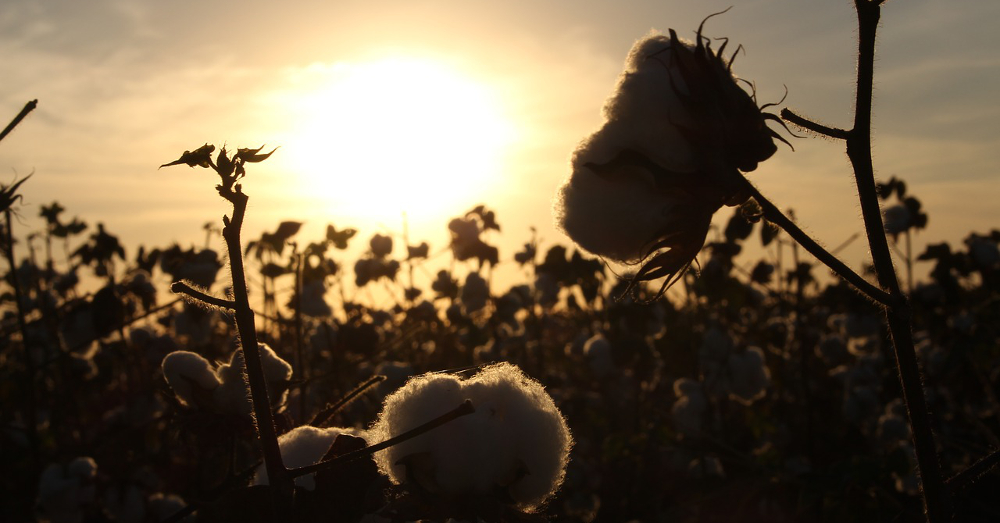
Can Organic Cotton Become as Mainstream as Organic Food?
An Edina business is out to make it as popular as its food counterpart.
March 13, 2017 | Source: Star Tribune | by John Ewoldt
An Edina business is out to make it as popular as its food counterpart.
Organic cotton textiles register no more than a footnote in the world’s cotton production, but Vishal Naithani wants to change that.
His company, Sustained Organic Living in Edina, selects certified organic cotton grown in India with non-GMO seeds. The products are made using only fair trade labor on the farms and in the factories.
The challenge for Naithani and his company, which is also known as Sol Organics, is to be able to create the level of interest among consumers for organic apparel that has been generated for organic food. For now, his chief weapon is price: He aims to price his products significantly lower than his online competitors and on par with high-quality bedding that is not fair trade organic.
“Every family should have access to affordable organic cotton just like they have access to affordable organic food,” he said. “It shouldn’t be only the wealthy who can afford premium products.”
Sol Organics is one of a number of companies offering organic, fair trade textiles online or in stores. Companies such as Boll & Branch and Patagonia sell them. West Elm, Pottery Barn, and Target feature organic cotton that may or may not be fair trade. Naithani said Sol Organics is the only Minnesota-based company to do so.
